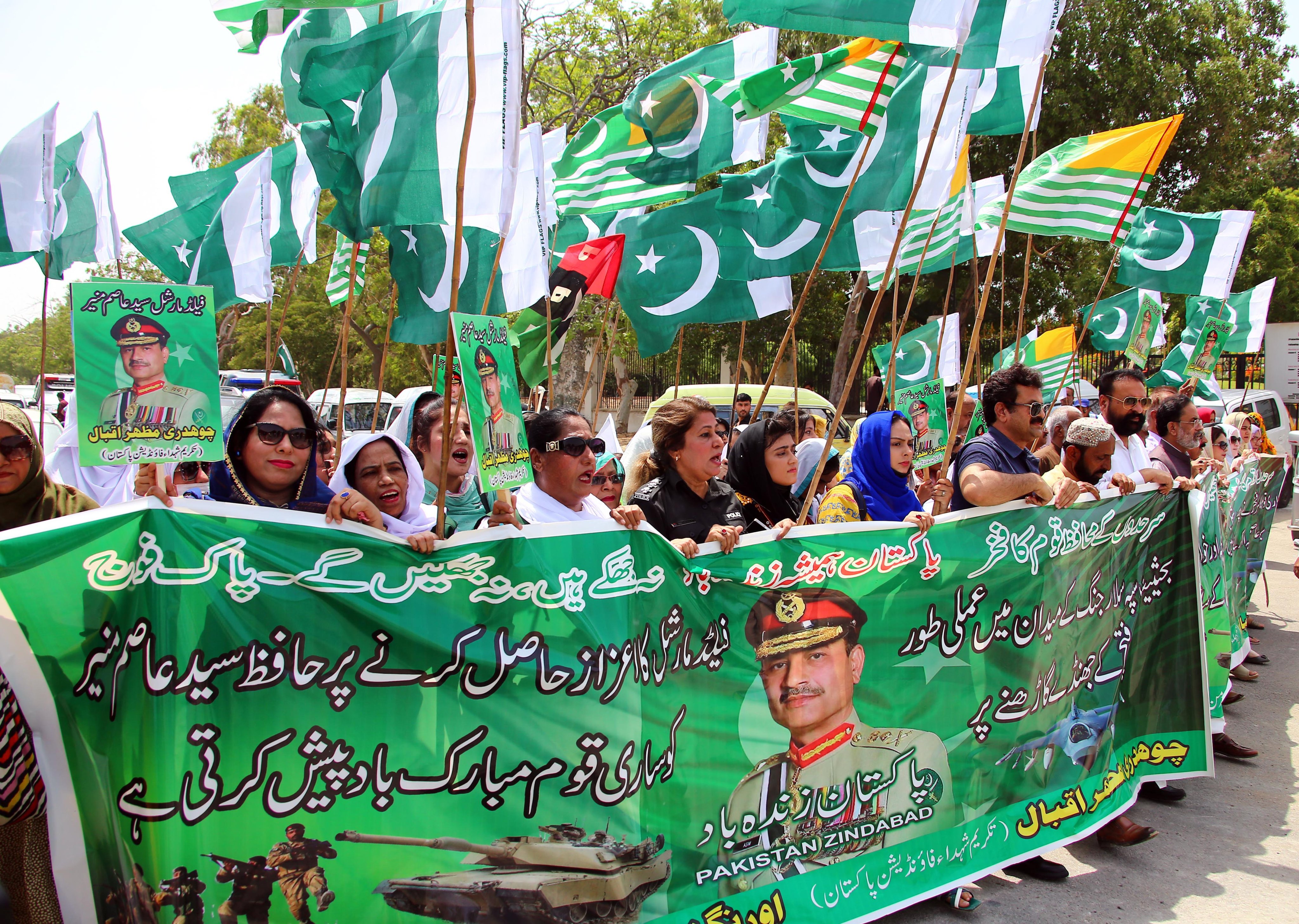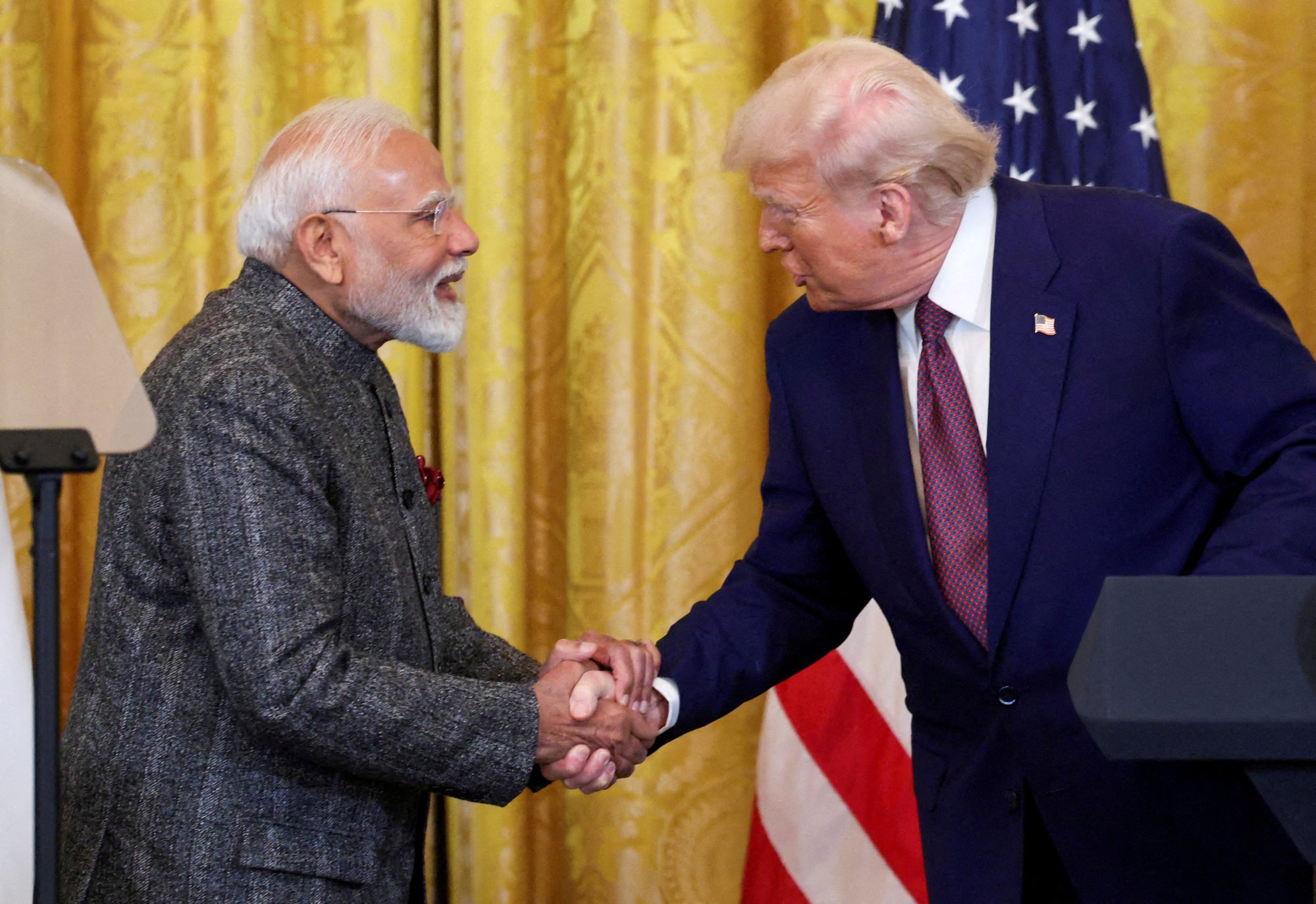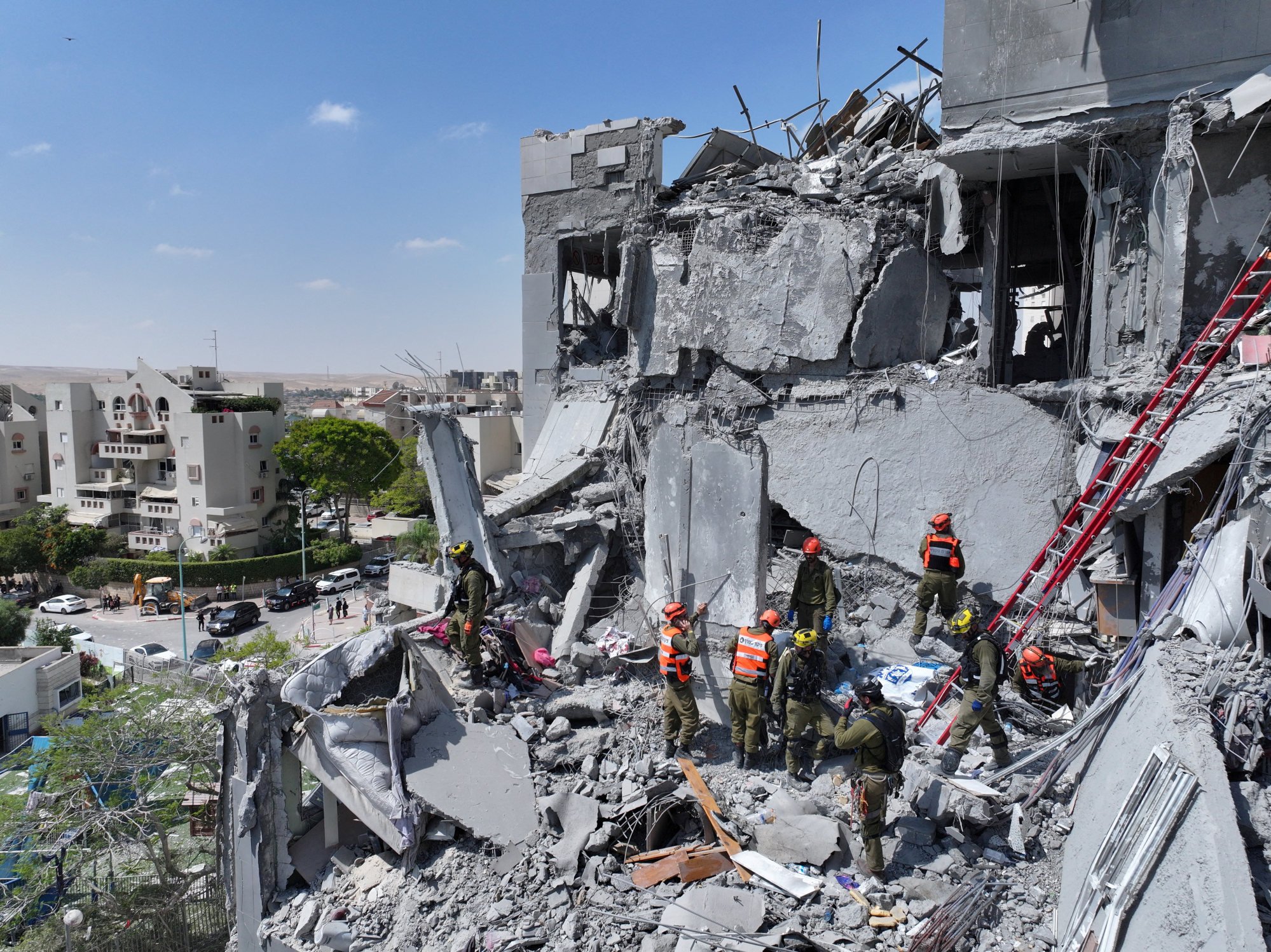Pakistan’s embrace of Trump stirs India concerns of US tilt to Islamabad
Timing of Nobel nomination appears aimed at reinforcing Trump’s claim of ceasefire mediation in India-Pakistan conflict, analysts say

Pakistan’s decision to nominate US President Donald Trump for a Nobel Peace Prize – just days after a rare White House meeting between Trump and Pakistan’s army chief – has raised concerns in India, where analysts say the move could signal Islamabad is regaining strategic favour in Washington at New Delhi’s expense.
The nomination was formally filed on Saturday by Pakistan’s Deputy Prime Minister Ishaq Dar, who praised Trump’s role in helping mediate a ceasefire during last month’s cross-border flare-up between India and Pakistan. Dar credited Trump with “critical and pragmatic diplomacy” that averted wider conflict, describing the intervention as an act of “stellar statesmanship”.
The gesture followed a high-profile lunch hosted by Trump last week for General Asim Munir – the first time a Pakistani military leader has been received at the White House under Islamabad’s civilian government – and has been widely interpreted as a symbolic endorsement of Trump’s claim that he defused tensions between the two nuclear rivals.
Indian Prime Minister Narendra Modi, who had declined Trump’s invitation to visit the White House citing prior commitments, has remained publicly silent.

Observers say, however, that eyebrows have been raised in Delhi over the optics of Trump extending such visible warmth to Munir, and the timing and framing of the Nobel nomination, which appears aimed at reinforcing Trump’s long-standing narrative that his personal diplomacy helped prevent open conflict between India and Pakistan.
This is despite Islamabad officially condemning US air strikes on Iran’s nuclear sites as a violation of international law and warning the escalation “could have severely damaging implications for the region”, a day after it nominated Trump for the Nobel prize.
Delhi has consistently dismissed Trump’s claim of brokering the ceasefire as both inaccurate and unhelpfully interventionist.
Independent political commentator Nilanjan Mukhopadhyay said there was growing unease in India about Washington appearing to place it on the same footing as Pakistan – a posture that, in his view, risked “putting the Kashmir issue back on the international agenda” and undermining India’s long-held position of the dispute being strictly bilateral.
Operation Sindoor refers to India’s military response to an April attack on its troops in Pahalgam, in the contested Kashmir region. India blamed Pakistan-based militants for the assault and launched retaliatory strikes, despite a formal ceasefire being in place.
The Kashmir conflict, rooted in a territorial dispute between the nuclear-armed neighbours, has raged for decades. The Himalayan region is claimed in full by both but administered separately, and remains a trigger for frequent skirmishes and diplomatic strain.
In the wake of the April attack, India intensified its diplomatic push, sending cross-party delegations abroad to press its case against cross-border militancy and justify its military response.
“India is trying, but Trump has proved to be unpredictable and it is getting very difficult to engage with him. He is the most inconsistent of world leaders,” Mukhopadhayay said.
Despite the ceasefire, bilateral tensions have persisted. This month, Islamabad extended a ban on Indian aircraft from its airspace, while Delhi has vowed not to restore the decades-old Indus Waters Treaty – a vital agreement governing river flows that support much of Pakistan’s agriculture.
Trump’s outreach to Munir is seen by some analysts as part of Washington’s efforts to secure regional support amid its confrontation with Iran, where the US has backed Israel. On Tuesday, Trump announced that Israel and Iran had agreed to a ceasefire, though analysts caution it remains uncertain whether it will hold.
Against this backdrop, Pakistan’s overtures to Washington – from flattering Trump to offering indirect support – are likely to be transactional, according to observers.
Uday Chandra, assistant professor at Georgetown University, said any deals between the two were likely to be limited to economic aid and maybe defence equipment, but it would probably be conditional on checking militant groups inside Pakistan.
“But as before, no enforcement or oversight is expected,” he said, referring to Washington’s role.
Delhi has long pushed for Washington to pressure Islamabad to rein in such groups – a campaign that peaked after the US located and killed Osama bin Laden in Pakistan in 2011 – but American resolve on the issue has faded in recent years, analysts say.
Priyajit Debsarkar, a London-based author specialising in South Asia issues, said there were concerns about what steps Pakistan would take to curb militant groups, and that India would need to be cautious about any future American intervention in the region.

Diplomatic balance
India has so far maintained a neutral position on the Iran–Israel conflict despite Pakistan’s condemnation of the US strikes.
Modi spoke to Iranian President Masoud Pezeshkian following the US attacks, where he urged de-escalation through dialogue and diplomacy.
Indian opposition leader Sonia Gandhi, however, had earlier criticised the federal government for keeping silent over Israel’s waves of air strikes on Iran’s military and nuclear sites.
Gandhi had slammed the attacks for endangering civilian lives, recalling that Iran had supported India during a critical juncture in 1994 when Delhi was facing a UN resolution over human rights. She also urged the government to use its “diplomatic leverage” with Israel to help resolve the conflict with Iran.
Gandhi’s stance on peace was in stark contrast to that of her son, Congress party de facto leader Rahul Gandhi, who recently berated the Indian government over its ceasefire with Pakistan instead of pushing harder when Delhi had the upper hand.
Mukhopadhyay said the mixed messaging from the opposition leaders was unlikely to have resonated with domestic audiences and scored any political points for Congress.
“Is [what Rahul Gandhi said] consistent with what Sonia Gandhi is saying? I don’t think the party has a consistent position,” Mukhopadhyay said, adding that confusing messages had eroded the party’s support base.
Nevertheless, Delhi ought to take a principled stance on issues such as the Iran-Israel conflict, he said, noting that India historically had a strong record on such events.